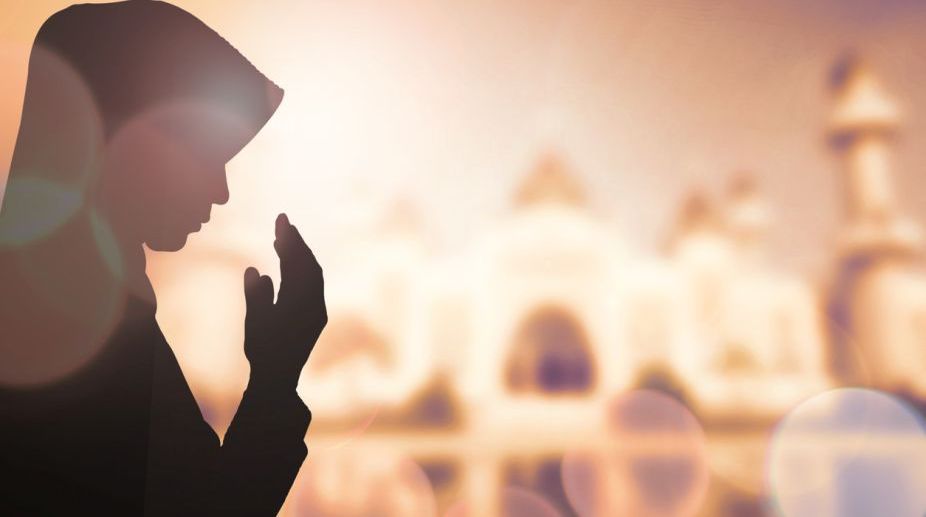Telangana hikes Muslim reservation quota to 12%
The Telangana legislature on Sunday unanimously passed a bill to hike the reservation quota for backward Muslims and the Scheduled…

Representational image (Photo: Getty Images)
When Telangana’s statehood was restored by bifurcating the composite state of Andhra Pradesh, its proportion of the Scheduled Castes, Scheduled Tribes, backward classes and minorities had undergone drastic change and their share of reservation in government employment and educational institutions was adversely affected.
The Telangana Rashtra Samiti, at the time of the election to the Assembly, promised to make amends for this unforeseen fallout.
The Muslim population, for instance, has gone up from 9.56 per cent in the composite AP to 12.68 per cent in Telangana, the majority of whom come under Backward Class (E) group. The SCs have increased from 15 per cent to 16.3 per cent and the STs from 7.11 per cent to 9.08 per cent.
Advertisement
The Telangana Assembly and Legislative Council on Sunday held a special session and passed the Telangana Backward Classes, Scheduled Castes, Scheduled Tribes (Reservation of Seats in Educational Institutions and Appointments or Posts in the Services under the State) Bill, 2017, amidst stiff opposition by the BJP, to make good the promise. Reservation for Muslims will go up from four per cent to 12 per cent if the Bill becomes law, which is anathema to the BJP.
Since the Bill requires the assent of the President, and considering the BJP’s opposition to it, it is doubtful it will become a law in the foreseeable future. The five BJP MLAs created such a ruckus in the House they had to be suspended for the day while the party’s lone member in the Council walked out before voting. It will push the reservations to an aggregate 62 per cent, exceeding the limit of 50 per cent set by the Supreme Court.
The Muslim community celebrated passage of the Bill by pouring milk on a portrait of Chief Minister K Chandrashekhar Rao. The Supreme Court ceiling on reservations can be overcome by parking the Bill in the 9th Schedule of the Constitution so that it cannot be challenged in any court of law.
Tamil Nadu has done just that to protect 69 per cent reservation in the state. The BJP has no quarrel with the Bill except for the section increasing reservation for Muslims from four to 12 per cent.
The community constitutes only 7.36 per cent of the total workforce in the state. If the Union government refuses to include the Bill in the 9th Schedule, the state can always approach the Supreme Court citing the Tamil Nadu precedence.
M Venkaiah Naidu, Union urban development minister, said that the NDA government was against providing reservation to anyone based on religion which is against the Constitution. Chandrashekhar Rao has clarified that the reservations provided in the Bill were entirely based on socio-economic backwardness and not on the basis of religion or caste.
The Bill was proposed to address concerns over the inclusive development of marginalised population as the proportion of the SC, ST and minorities, especially Muslims, had increased after the bifurcation.
This was mainly on account of higher concentration of these communities in the Telangana region compared to the Rayalaseema and Andhra regions of composite AP.
Advertisement